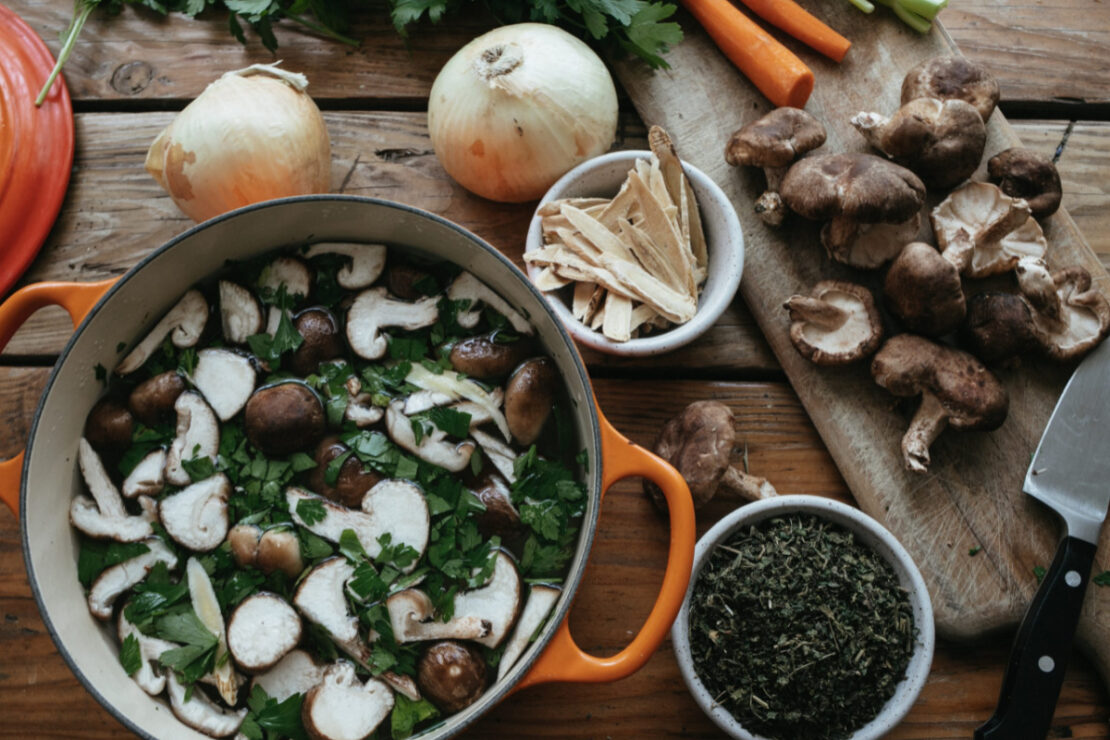
Plant Allies to Prepare Your Immune System for Winter
Winter stirs up nostalgic thoughts of evergreen trees and warm, cozy fires, but it can also cause increased stress and anxiety, with concerns of the approaching cold and flu season coupled with navigating a pandemic. Luckily, plants are available to us to help support the immune system, soothe the nervous system, and promote balance to the physical and emotional body. In this article, you’ll learn about different plant allies to help prepare your immune system for the colder, darker days ahead.
What is a Plant Ally?
First off, you might be thinking, what the heck is a plant ally and how do I find one? It’s hard to pinpoint exactly where the term came from, but herbalists often refer to herbs as plant allies, which in simple terms, translates to an herb that supports the human body.
The term plant ally expands our perspective of plants from being an “it” to a living thing that supports us and helps carry us through hard times—like a good friend that’s always there for you. Relating to plants in this way helps us practice reciprocity; allies support each other, and it’s important for us to take care of plants like they take care of us. It’s imperative for us to be stewards of the Earth and nature so that it can continue to thrive (Miller, n.d.).
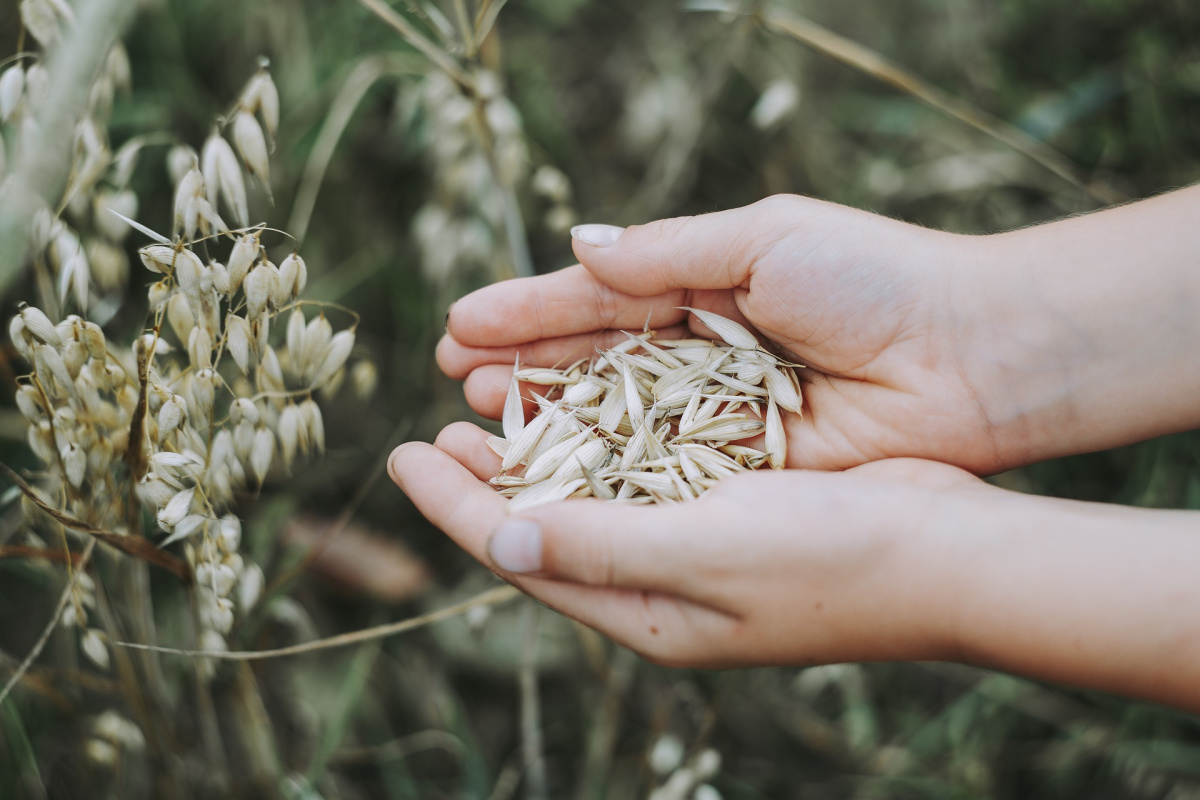
Herbs to Prepare Your Immune System for Winter
To prepare your immune system for cold and flu season, it’s important to focus on using herbs that increase immunity, but also include plant allies that can help decrease stress. Many people, maybe even you, have experienced first-hand the connection between stress and getting sick. Modern scientific studies suggest that chronic stress decreases the ability of your immune system to fight off infection; the longer the stress, the greater the decrease in immunity (Herbert, 1994).
Overly-stressed people also tend to sleep and exercise less, make more unhealthy food choices, and smoke and drink more, which can compromise immune system function. Studies also suggest that negative psychological states such as anxiety and depression decrease the immune system (Herbert, 1994). Therefore, incorporating herbs that naturally help reduce stress, anxiety, and depression, can indirectly help prepare your immune system for winter, while also boosting mood and energy levels.
Instead of discussing often touted immune system herbs, like echinacea (Echinacea purpurea) and garlic (Allium sativum) that are meant to address acute illness when you’re actively sick, we’re going to explore powerful plant allies like tonic herbs that work on a deeper level, addressing chronic stress and strengthening the immune system over time.
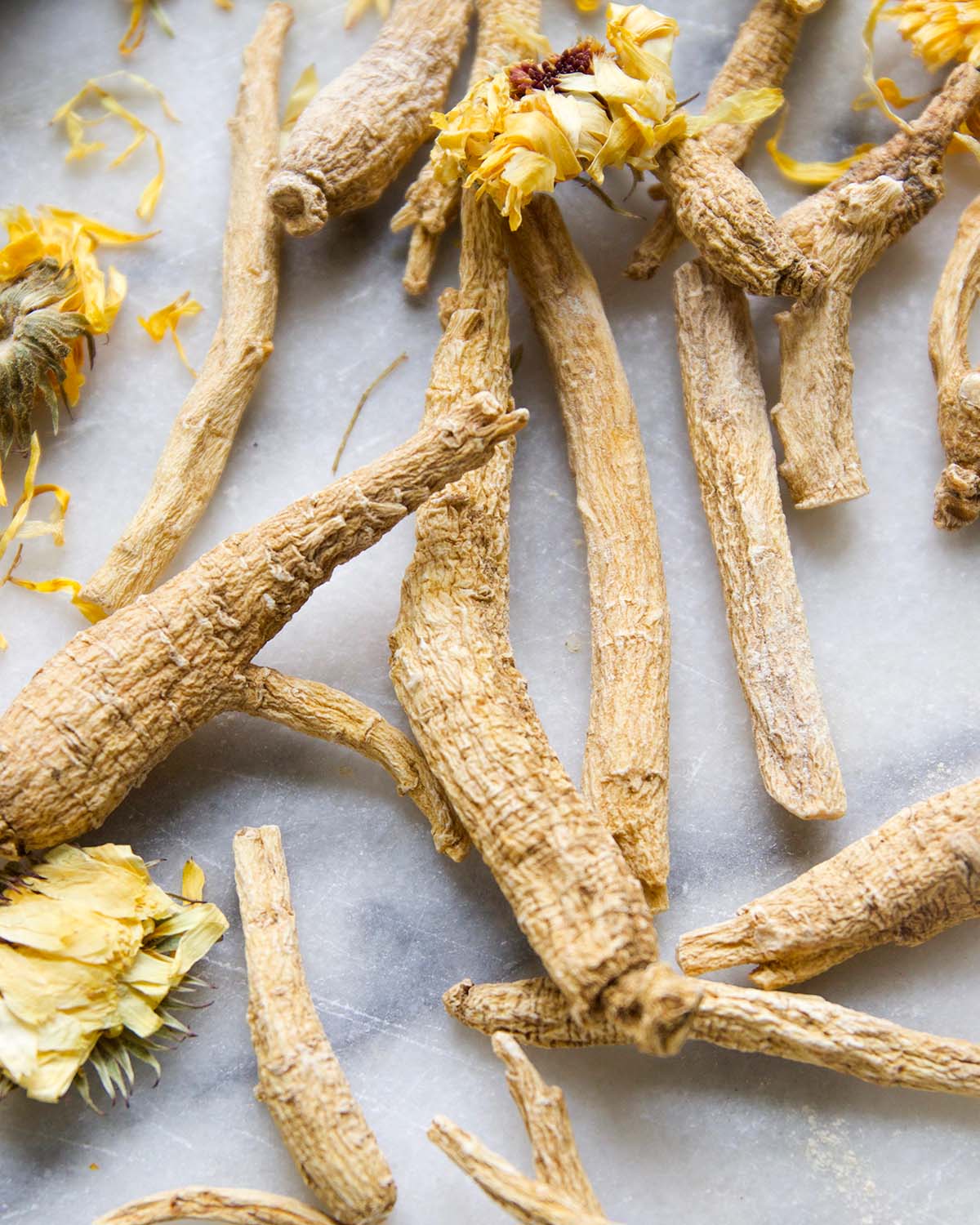
Astragalus (Astragalus membranaceus) Root
This herb has been commonly used in Chinese medicine for thousands of years to help protect and support the immune system, as well as prevent colds and upper respiratory infections. It has antibacterial, anti-inflammatory, and anti-viral properties, which can help stimulate and boost the immune system (Astragalus, n.d.).
Astragalus is classified as an adaptogen, meaning it helps protect the body against different types of stresses, including physical, mental, and emotional stress (Astragalus, n.d.), thus increasing the body’s ability to counter illness. Adaptogens help our bodies adapt to stress by regulating our biological response to it; herbs such as astragalus work as immune modulators, helping to balance the immune system response (Whitney, 2019). Therefore, astragalus is an amazing and dynamic plant ally for winter because it aids both your immune system and nervous system. For an idea on how to incorporate astragalus into your herbal routine, you may want to try this Mushroom Immunity Broth with Astragalus and Calendula.
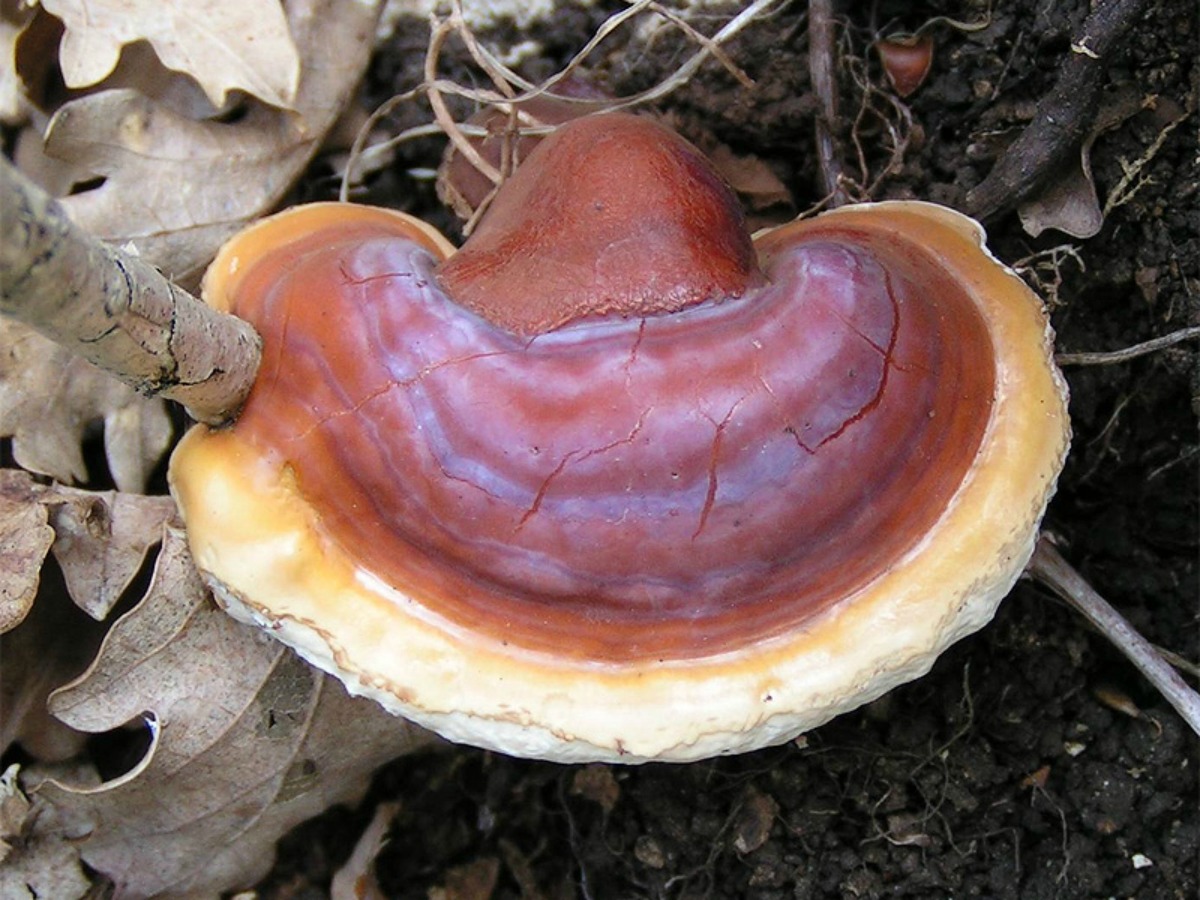
Reishi (Ganoderma lucidum) Mushroom
Technically, reishi isn’t a plant ally, but a mushroom. There are several species that are often referred to as reishi, all from the Ganoderma genus – the most common in North America are Ganoderma lucidum and Ganoderma tsugae. These two species look very similar and share many of the same health benefits (Species spotlight: Reishi, 2021).
This mushroom ally has a long history of use for a variety of health benefits; we won’t be able to cover all of them in-depth here. It’s commonly referred to as the “mushroom of immortality” and is traditionally used for its antioxidant, antibacterial, and antiviral properties, as well as its anticancer and antitumor effects (Wachtel-Galor et al., 2011).
Reishi is considered a potent and powerful adaptogen that can help support our immune systems and our bodies during stress (Whitney, 2019). There’s increasing scientific evidence to support its immunomodulatory properties, which means it can help the immune system respond more effectively when a threatening pathogen enters the body (Wachtel-Galor et al., 2011). Immunomodulators work in two ways: it boosts the system when it’s struggling and restrains it when it’s overactive (Species spotlight: Reishi, 2021).
For ideas and recipes for how to cook with reishi and other mushrooms, check out our post, Cooking with Edible Mushrooms: A Beginners Guide.
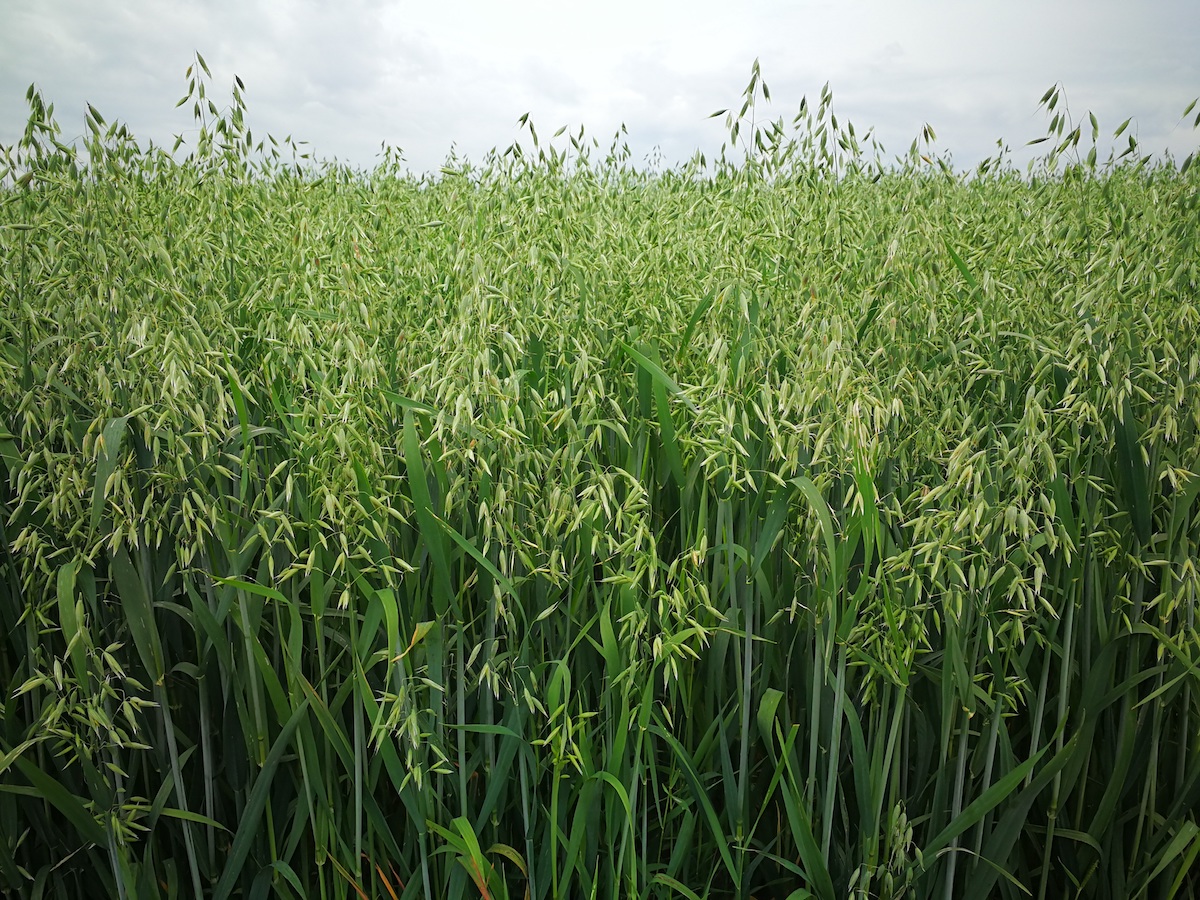
Milky Oat (Avena sativa) Tops
Milky oats are most well known for their ability to nourish the nervous system. This plant ally is a tonifying trophorestorative, which means that it helps restore the overall function of the nervous system when taken for long periods of time (Saba, 2021). While milky oats might help calm an anxiety attack in the moment, it’s more known for supporting those experiencing chronic stress, deep exhaustion, overstimulation, and overwhelm (Saba, 2021).
In addition to helping soothe stress and anxiety, milky oats have a reputation for being highly nutritive. They’re rich in vitamins A, C, and E, in addition to zinc, manganese, and an array of amino acids (Saba, 2021). These nutrients can help keep your physical body healthy and boost the immune system.
If you can, try to use the fresh tops of milky oats, the form that is the most nutrient-dense. The top of the oat plant has immature seed pods that release a milk-like liquid when squeezed, which is an indication that they are both fresh and mature enough to harvest for full benefit (Saba, 2021). If you can’t find fresh tops, you’ll most likely be able to find milky oats that were preserved while fresh in an herbal tincture or extract.
For a recipe using oat, see: Nerve Tea with Oatstraw and Skullcap.
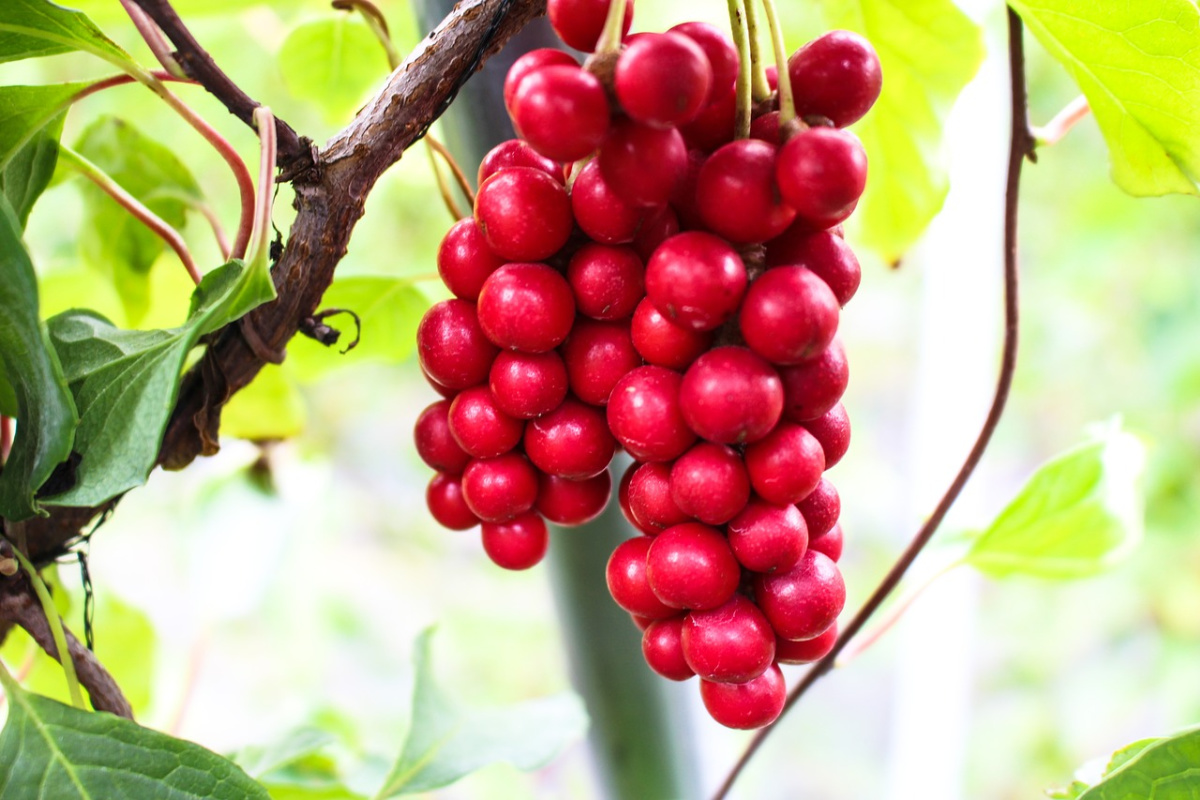
Schisandra (Schisandra chinensis) Berry
Schisandra also has a long history of use in Chinese medicine, similar to astragalus. It’s been traditionally used to address many cold and flu symptoms, including a dry cough, dull complexion, fatigue, labored breathing or shortness of breath, and overall weakness (Engels & Brinckmann, 2015).
Modern pharmacological, animal, and clinical studies have shown Schisandra to have adaptogenic, antioxidant, anti-inflammatory, anti-stress, energy-enhancing, and immune-enhancing properties (Engels & Brinckmann, 2015).
For information on using this herb, see our post: How to Use Schisandra for the Liver.
Safety Considerations
It’s recommended that you consult with your physician before taking any herbs, especially if you are pregnant or breastfeeding. Check with your doctor if you are currently taking prescription medications for possible drug-herb interactions. Additionally, if you have autoimmune issues, it’s important to speak to a medical professional when taking any herb that is thought to stimulate the immune system.
Even though most tonic herbs are considered safe, many health practitioners advise against using any single adaptogenic herbs over long periods of time. It’s generally suggested that you rotate, consuming a different adaptogen every couple of months (Astragalus, n.d.).
In Closing,
Many of us consider winter to be the most challenging season, especially for those that live in places where the days are colder and darker. Plant allies are like old friends, always ready to hold you up and help you through your toughest times. Incorporating tonic herbs that are adaptogens and immunomodulators is a great way to prepare your immune system for situations when stress or illness may be higher. Especially during these trying times of living during a pandemic, who wouldn’t want a plant ally by their side?
For more on using plant allies for winter:
Adaptogen Cherry Bites
Stay Calm Adaptogen Syrup with Ashwagandha and Eleuthero
Herbal Spiced Apple Cider Recipe With Cinnamon, Chamomile, And Astragalus
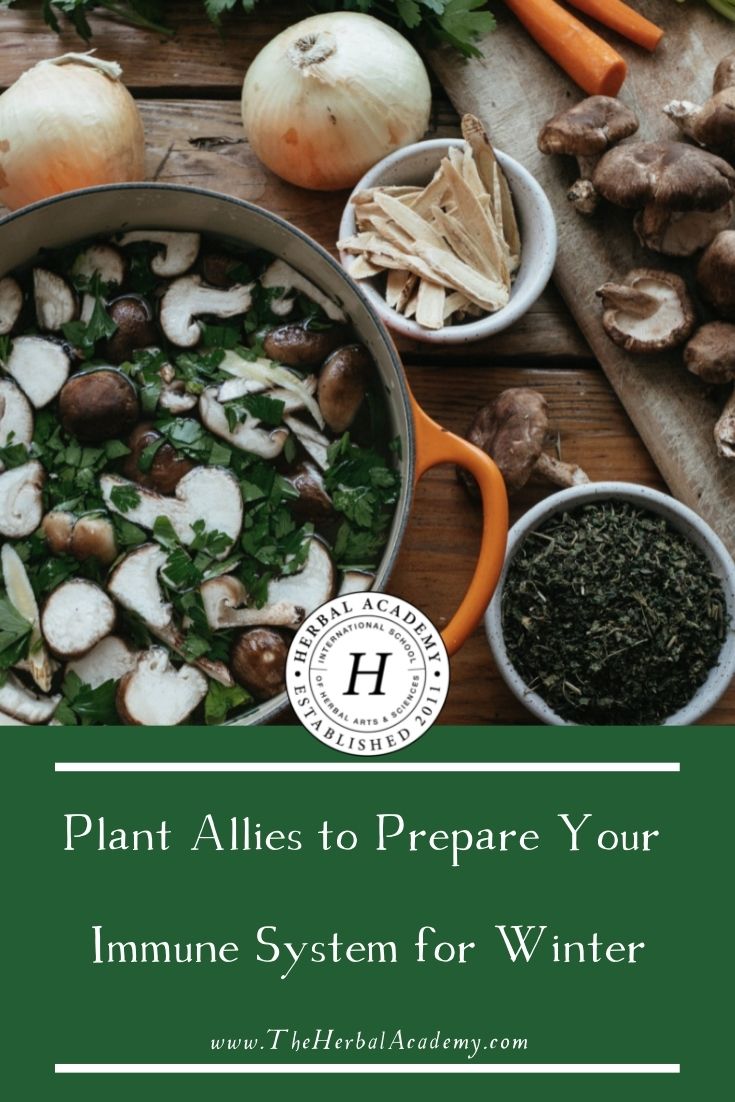
REFERENCES
“Astragalus.” (n.d.). Retrieved from https://www.mountsinai.org/health-library/herb/astragalus
Engels, G., & Brinckmann, J. (2015). Schisandra. HerbalGram: The Journal of the American Botanical Council, 106, 1-7. https://www.herbalgram.org/resources/herbalgram/issues/106/table-of-contents/hg106-herbpro-schisandra/
Herbert, T. (1994). Stress and the immune system. World Health, (47)2, 4-5. https://apps.who.int/iris/bitstream/handle/10665/326983/WH-1994-Mar-Apr-p4-5-eng.pdf
Miller, A. (n.d.). Plant ally: An ancient idea for modern man [Blog post]. Retrieved from https://www.motherearthnews.com/nature-and-environment/plant-ally-for-modern-man-zbcvz1312
Saba, H. (2021). 3 ways we love using milky oats [Blog post]. Retrieved from https://www.alpinebotanicals.com/blogs/news/3-ways-we-love-using-milky-oats
“Species spotlight: Reishi.” (2021). Retrieved from https://northspore.com/blogs/the-black-trumpet/species-spotlight-reishi
Wachtel-Galor, S., Yuen, J., Buswell, J.A., & Benzie, I.F.F. (2011). Chapter 9: Ganoderma lucidum (Lingzhi or Reishi). Herbal medicine: biomolecular and clinical aspects (2nd edition). https://www.ncbi.nlm.nih.gov/books/NBK92757/
Whitney, A. (2019). Reishi mushroom: The health benefits of this magical fungus [Blog post]. Retrieved from https://www.eatthis.com/reishi-health-benefits/








